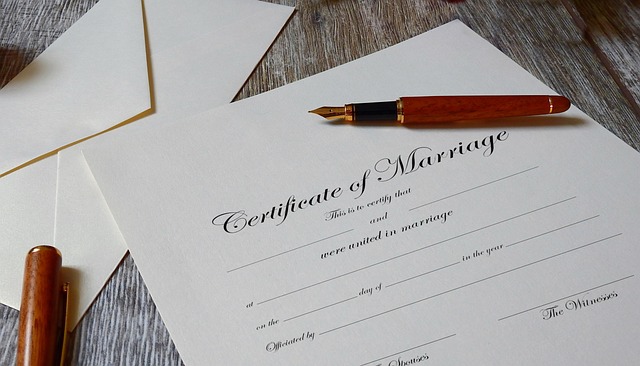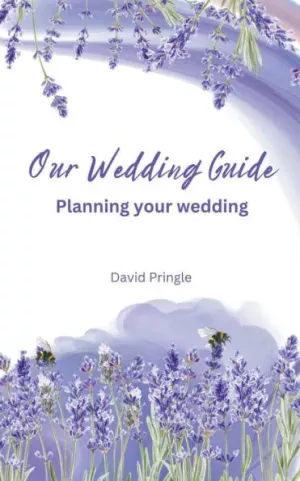If you click on the links we provide, we may receive compensation.
The Marriage License
Seriously; do we need a license for this? Yes, you do, at least if you want your wedding to be legal. You need a marriage license that will be signed and witnessed, and then certified by the issuing authority following the wedding ceremony.
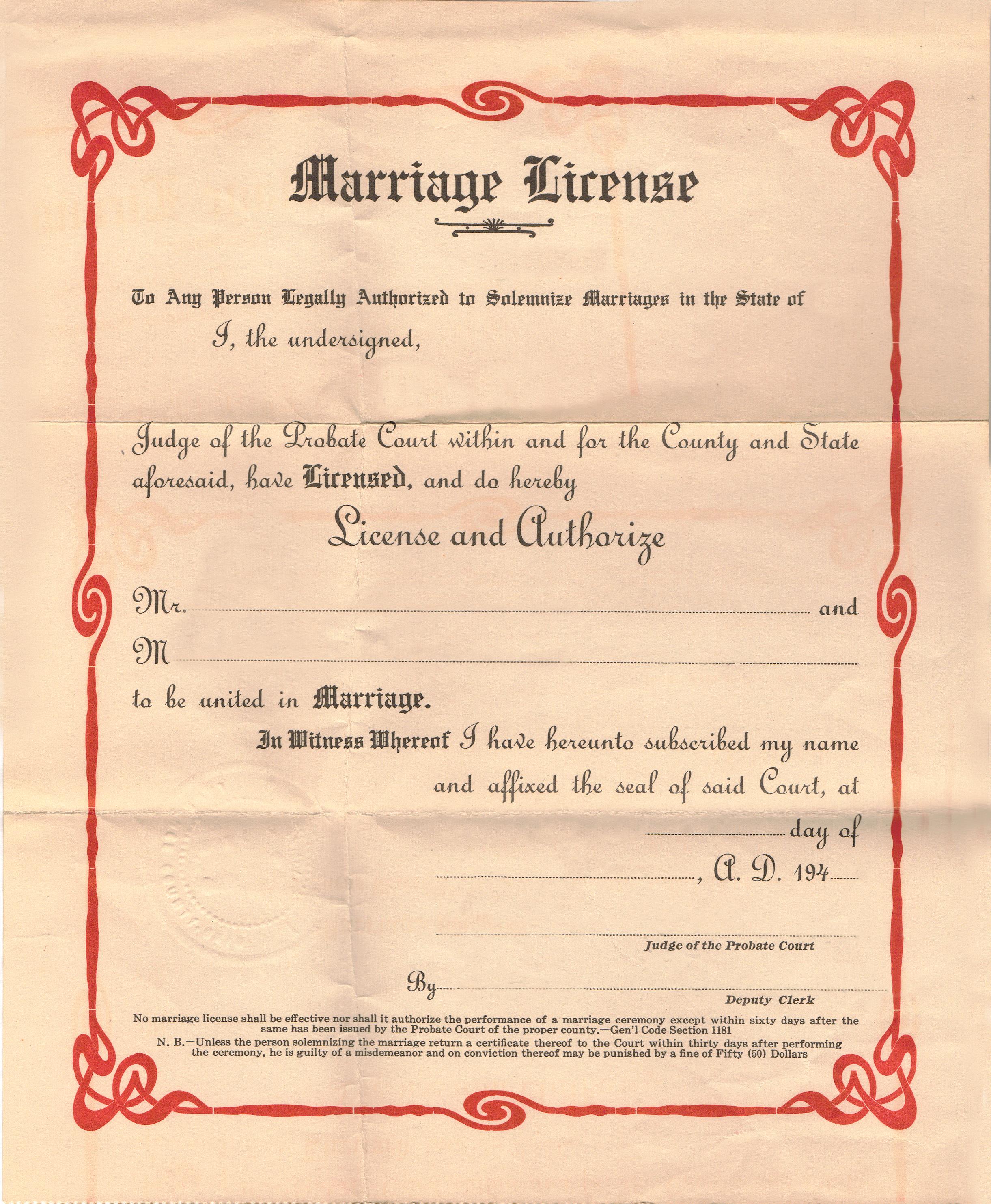
The official, government-recognized wedding isn’t going to happen without you having a marriage license, and you need to think ahead.
Research the rules and laws where you live and where you are to be married. Do not leave it until the last minute.
In some states, a marriage license is valid for a short period of time and also needs to be secured within a specific time prior to the ceremony. Check it out. It does matter, otherwise, you have just had a lovely and expensive party. You will have to do it over again if you don't have a valid license.
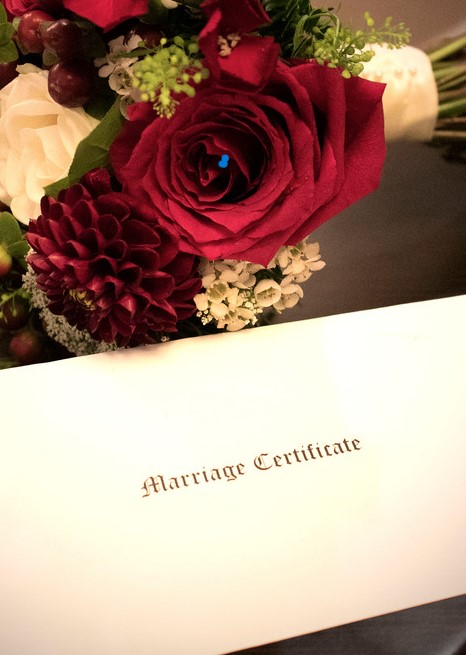
The license is the first step in a two-step process. After the marriage license is obtained, it needs to be signed by the officiant and witnessed either during or immediately after the ceremony.
The officiant or other authorized person must return the signed license to the county. The county will then provide a Marriage Certificate which proves that the couple is married. Without a marriage license, you will not get a marriage certificate.
5 Things to know about the marriage license
1. The first step in applying for a marriage license is knowing where your wedding will take place. This is the county where you need to apply for a marriage license. The same is true for destination weddings that take place outside the location where you live or plan to live. It also applies to destination weddings that may take place in another county, state, or country. Research the laws and requirements to be sure you are applying at the right location for your marriage license.
2. Destination weddings in another country may have different rules about who is authorized to perform a legally binding marriage ceremony. For example, in Mexico, a marriage performed by a religious officiant only is not legally binding. In Mexico, a civil ceremony is required. This is important as the United States will only recognize out-of-country marriages that are legally binding in the country where the ceremony took place.

3. Marriage licenses expire. After being issued most marriage licenses have a specific time frame in which they are valid, usually between 30 and 90 days. In some states, there is also a waiting period between the time that the license is issued and when the official ceremony can be conducted. Usually, the time frame is 3 days.
4. Both you and your partner must apply for the license. You cannot apply on behalf of your fiancé. Many states and counties provide the option of applying online. You will still need to attend in person to verify your documentation by visiting the local county clerk with all the necessary identification and proof of identity. Show up prepared. Bring with you your birth certificate, and driver's license. It is also a good idea to bring along your passport if you have one. Check ahead of time to ensure you have the correct and necessary documents. Some states will require a witness to be present when you are applying for your marriage license. Be prepared to make sure your witness is available should this be a requirement. You may also need to know both parents' full birth names, birthdates, birth states, and if deceased, the dates of their passing.
5. You will need to pay for the license and there are many variations depending on the issuing county and state. The fee can range from $40 to $80 and can be lower or higher than the typical range. There may be other fees as well such as a fee to obtain a certified copy. The license fee is due at the time of application and is usually nonrefundable, even if you decide not to get married. The license fee typically covers the cost of the marriage certificate. In some states, the cost of the license fee is greatly reduced or even waived if you agree to attend premarital counseling.
Second or subsequent marriages

This is often overlooked. If either party has been previously married, you will need to present documentation confirming that your previous marriage is no longer valid.
This means that you will need to present either a Certificate of Divorce or a Death Certificate.
By presenting this documentation you are proving that you are legally authorized to remarry.
Do you want to retain or change your name?
As with many things that involve couples and marriages, laws differ from country to country, and state or province.
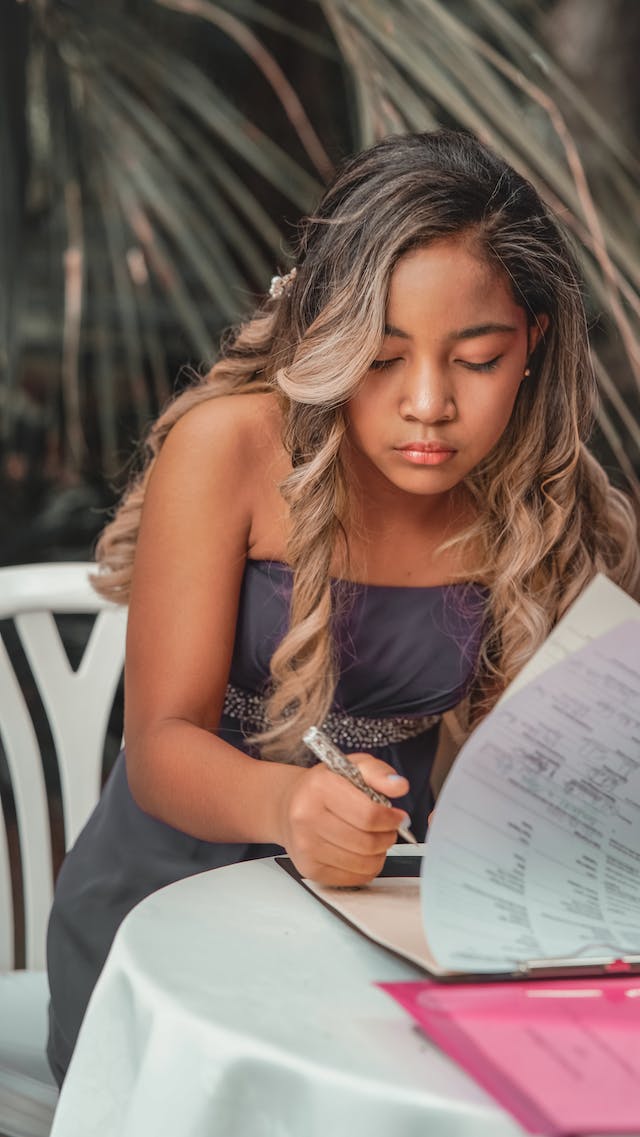
For example, while women and men in the United States can choose to change or retain their last name, this is not the case in some countries. Just across the border in Canada, in the province of Quebec, women must retain their maiden names, like it or not. This has its roots in gender equality. One might wonder why the right for the man to change his name was not instituted to promote gender equality, rather than a more restrictive policy directed toward women.
A similar law is in place in Greece during a wave of feminist legislation. The same is true in France requiring that people not use a name besides the one given on their birth certificate. While men and women cannot legally change their surnames in some countries after marriage, in many countries it is acceptable for both men and women to adopt the other’s surname for social and practical purposes.
Traditionally, it has been only the woman who has changed her name to adopt the last name of her husband. Traditions change, and while still uncommon, a man can also change his last name to adopt either a hyphenated last name or assume only the last name of his wife.
After the wedding; don't forget!
After the wedding ceremony, and after the signatures are complete usually by the couple and witnesses, it is the responsibility of the officiant to return the completed license to the county that issued the license. The completed license can be mailed or it can be returned in person.

Within two to four weeks, the marriage will be registered. You may or may not automatically receive a Certificate of Marriage or confirmation that the marriage has been registered.
A marriage certificate serves as proof that you are married. The certificate affirms the following information:
- That you were married according to local regulations.
- There were witnesses to the ceremony.
- That you presented a valid marriage license prior to the ceremony.
Within two to four weeks in most counties, although some may take up to eight weeks, you should receive official confirmation that the marriage was certified. This may be in the form of a certified Marriage Certificate.
This is a vital document to have once you are married. It is legal proof that you are married. You will need it at least in the following situations. There are probably more.
- To claim legal married status for tax purposes
- To claim for social security and other spousal benefits
- To claim for government-sponsored medical benefits
- For legal immigration green card, naturalization, and citizenship application purposes
Because you may need your marriage certificate for many occasions throughout your lives as a married couple, it is wise to obtain multiple certified copies for your personal records and to have them on an as-needed basis.
